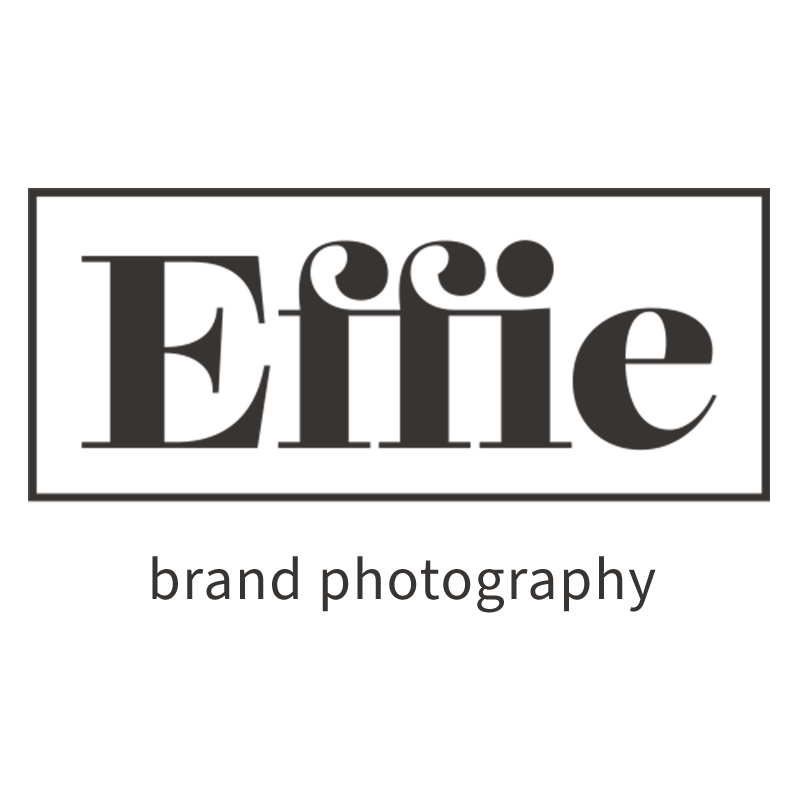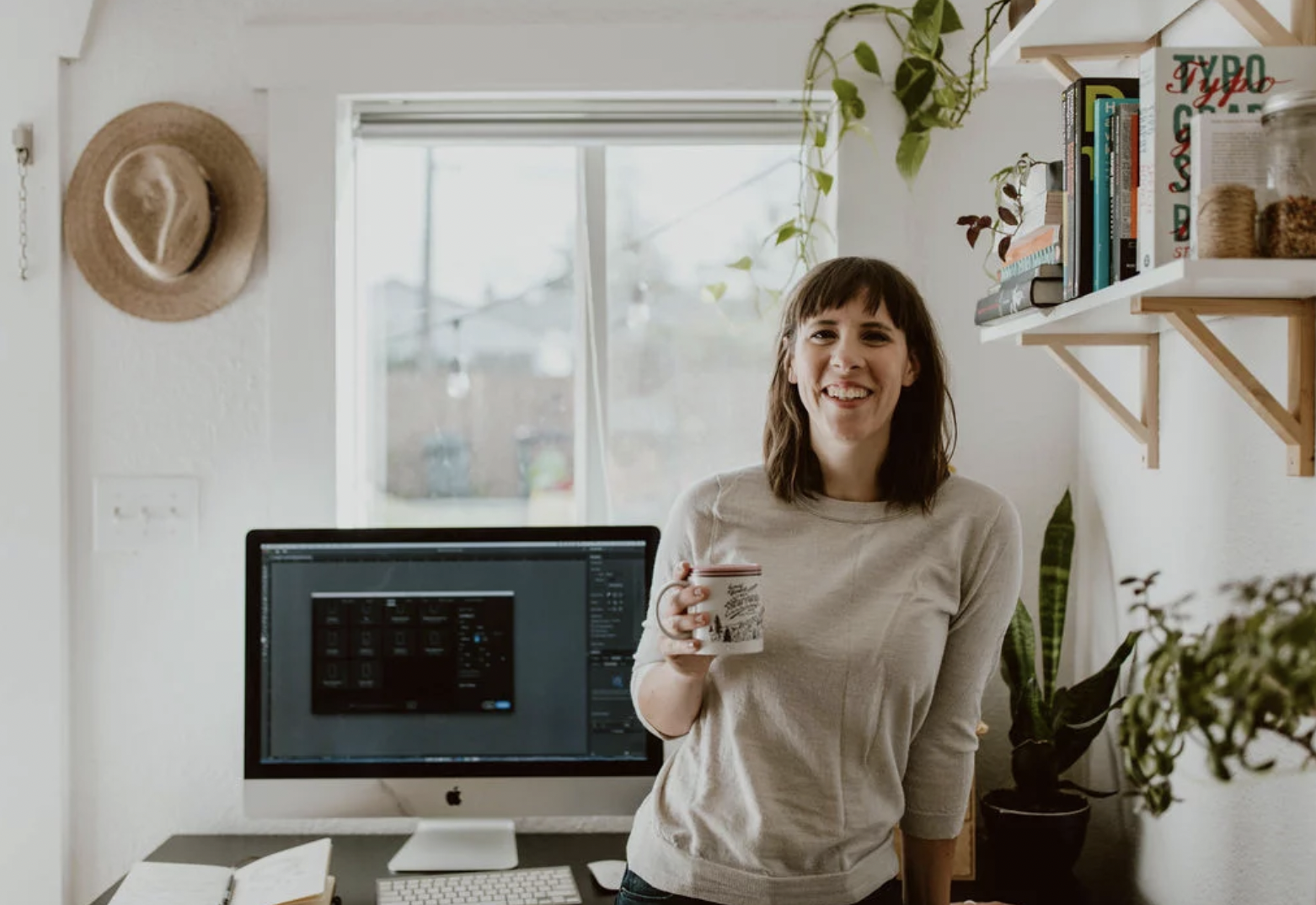Conceptualizing Your Brand
Photo by Kyle Kaz Photography
Meet Cari, an old friend of mine who is also a mom and small business owner here in Tacoma, WA. Cari is a brand consultant and graphic designer. She does everything from brand design to digital marketing. Cari has a big heart for Tacoma small businesses too. With a common audience and complementary skill set I thought Cari would be the perfect guest blogger to have on my blog! I am thrilled that she said yes and to introduce our new collaborative blog series to you: How to prepare your brand for launch!
Over the next 6 weeks, we will be coming at ya with a blog post every week to help you take your brand concept from an idea to ready to launch to the world! We will cover topics like brand design, website development, brand photography, social media and email marketing, and sales funnels.
To kick things off, today we are answering some questions about conceptualizing your brand and laying a foundation to build your brand on.
Q. I have a business idea. What else do I need?
Cari: If you have a brilliant business idea, the first thing you need to do is determine whether your business idea will be serving an existing need in the market or in the community. A business that’s not serving people somehow will not be successful. Once you’ve established your idea would be meeting an existing need, you need to make a plan for how you’ll run your business. Do you have the time, skills, and resources to operate your business? Even if your plan is to sell the business, someone will have to get it off the ground and prove it’s financial viability before you can expect to find buyers. All of this information, plus a lot more specifics about target audience, pricing structure, etc. would go into a business plan.
Effie: A name for your brand and a business plan for moving forward with it is a good start. Eventually you will also need things like a business license, a business bank account, business insurance, a Client Relationship Manager, a credit card processor, a website, etc. We will get into some of these things in this short series on launching a business.
Q. What’s the difference between a brand concept and a business plan?
Cari: A business plan outlines much of the financial and logistical strategies to launch your business, but also typically includes the brand concept. The brand concept focuses more on the mission, values, and personality of the business or organization, and should serve as a key differentiator between your brand and your competitors.
Effie: I think of a brand concept as the big idea of what your business does, while your business plan is the nitty-gritty of how you will get there. It will include things like who your target market is and how you will reach them, financials, etc.
Q. What questions should you ask yourself as you build the foundation of your brand?
Cari: To build a brand, you’ll need to answer the “what” (your product, service, or business structure), “who” (your target audience) and “why” questions (like “why are you launching this brand?” And “why will people care?”) will provide much of the foundation for your brand mission, vision, values, and personality.
Effie: Here are a few that I think are important to ask:
What does success look like for me?
Why am I starting this business?
Who is this for?
Q. How did you nail down your mission and vision?
Cari: A bit of trial and error over the course of a few years of self-discovery. I knew I loved design and pursued a career within that field broadly. I quickly realized I specifically loved brand design. I began making connections with small business owners in my community and saw a notable need. While there are plentiful free or affordable design tools out there, there’s not much time for small business owners to dedicate to learning and using these tools. Additionally, design should be guided by brand, and there’s very little branding support available to people who don’t have large corporate budgets. As I started thinking about how I can better support the small business community, I realized that I could start a small business myself and serve that community from within.
Effie: I’ve always liked when people talk about the idea of finding where your passions and talents meet in the middle. That’s kind of what I did. I’m passionate about small business and photography comes naturally to me so being a brand photographer is where those things meet in the middle. That doesn’t mean I found it easily, there has been a lot of trial and error over the years and a few pivots.
Q. What if I’m not sure about my mission and vision? Can I change my mind?
Cari: It can and should be an ongoing process to refine your mission and vision. Ideally, the longer you spend building your brand and serving your audience, the closer you’ll get to your true brand, and less you’ll need to keep tweaking how you express your brand or run your business. But you can expect to make more changes and adjustments in the beginning. If it’s a big change, or a confusing one, that might be a good time to hire a consultant to help you think through the transition.
Effie: Of course! Like I said above, sometimes it takes a little bit of trial and error before nailing things down and it’s okay to pivot. My business has had quite a few different ideations over the years and I’m still learning and growing, and pivoting when necessary.
Q: How do I make sure my business idea is going to be useful to my target audience?
Cari: Initial market research is crucial, but market research can also be conducted unofficially in an ongoing way. Customer comments and reviews as well as sales numbers are all good indicators of whether or not your business is meeting the needs of your audience. If you can, I recommend spending as much time as possible chatting with your customers and client base to identify areas of their lives that your business can help improve.
Effie: The best thing you can do is just start talking to people! Seek out your target audience and ask them thoughtful questions and really listen to their answers. I think it’s the most effective kind of market research.
Q. Where do you get inspiration for your brand?
Cari: Other brands, whether or not they are within your industry, can be an excellent source of inspiration, as long as you make sure you’re avoiding plagiarism or copyright infringement. However, inspiration doesn’t always have to be so literal. An experience you had that you want to recreate for people in a new context, a need you’ve identified in your own life that you wish someone else had already solved, or your personal culture or story that you want to share with a wider audience can all inspire your brand.
Effie: I try to look outside of my industry and my eyes and ears are always open as I go about my days. For instance, my husband and I will be out on a date and I’ll be analyzing what works in the restaurant we are at and gaining inspiration for how to run my photography business through that. Also for visual inspiration, I often turn to Pinterest and Instagram.
Q. What advice do you have on writing your brand messaging?
Cari: Start with your “what” - what you’re trying to communicate and write it all down. It doesn’t have to be concise or clever or anything. It can just be a list or a series of thoughts. Then determine your “who” - who you’re trying to communicate with, and spend some time putting yourself in their shoes. It can be helpful to make up a “persona” that represents your target audience and write as much about them as you can. Finally, re-write your “what” in the way your “who” can best understand and appreciate it. If you need help finessing this messaging, a freelance copywriter can be a worthwhile investment.
Effie: As Donald Miller says, “if you confuse you lose,” in other words, keep it super simple and straightforward. I’ve also heard to explain what you do like you would to a 4-year-old…not in a demeaning or childish way, but rather, in a way that anyone can understand. Don’t use industry jargon, and don’t try to be clever about it.
Q. What branding resources are available to me as I get ready to launch a new small business?
Cari: There are lots of free resources online for everything from checking copyrights to printing business cards. Here are some of the links I frequently use or recommend:
Market & audience research and brainstorming:
Brand brainstorming and vision boarding:
DIY Design:
Besides these free online tools, there are local organizations that can help you plan your business, secure funding, and connect with other small business owners. If you’re in the Tacoma area, some great places to start are:
Spaceworks Tacoma Business Planning Cohort
Pierce County Procurement and Contract Services
City of Tacoma Small Business Loans
Coworking spaces are another place to connect with small business owners and find resources.
Effie: The MBDA is a great resource if you are a minority-owned business. I’ve worked with them on a number of occasions to help businesses in Tacoma get their feet off the ground and I know they hire other contractors to help small businesses at more affordable rates too.
I’m also a big podcast listener when it comes to finding educational resources for running my business. Some of my favorites are Business Made Simple with Donald Miller and Marketing Made Simple with J.J. Peterson
Visit Cari’s website to learn more about what she does here: https://www.carischindler.com/ and stay tuned for our next post: Designing Your Brand!

